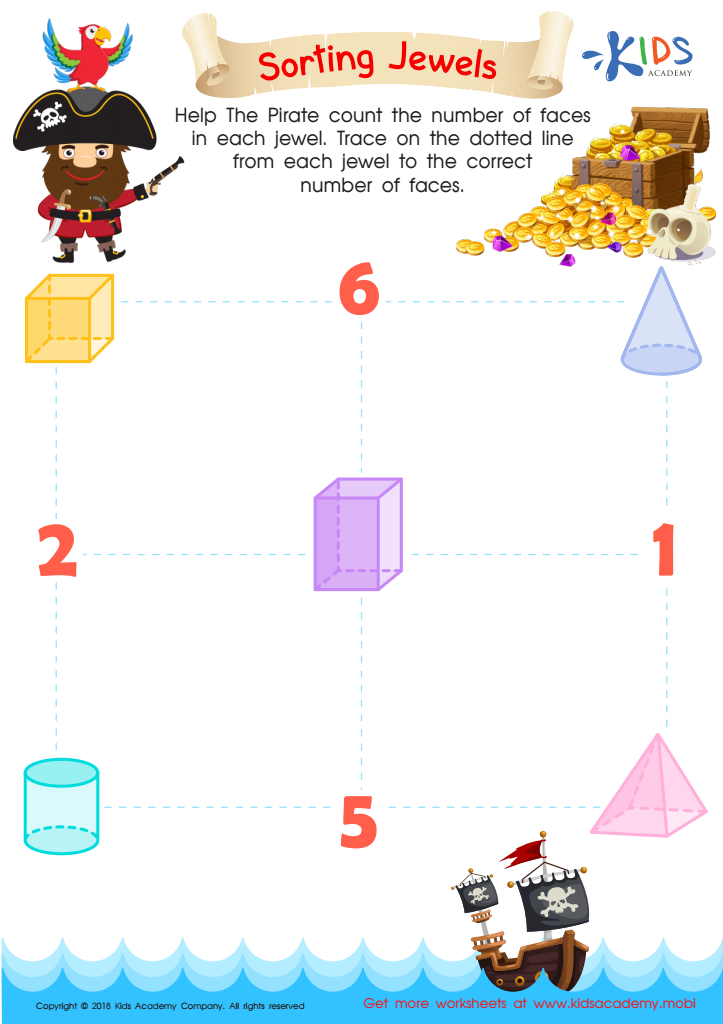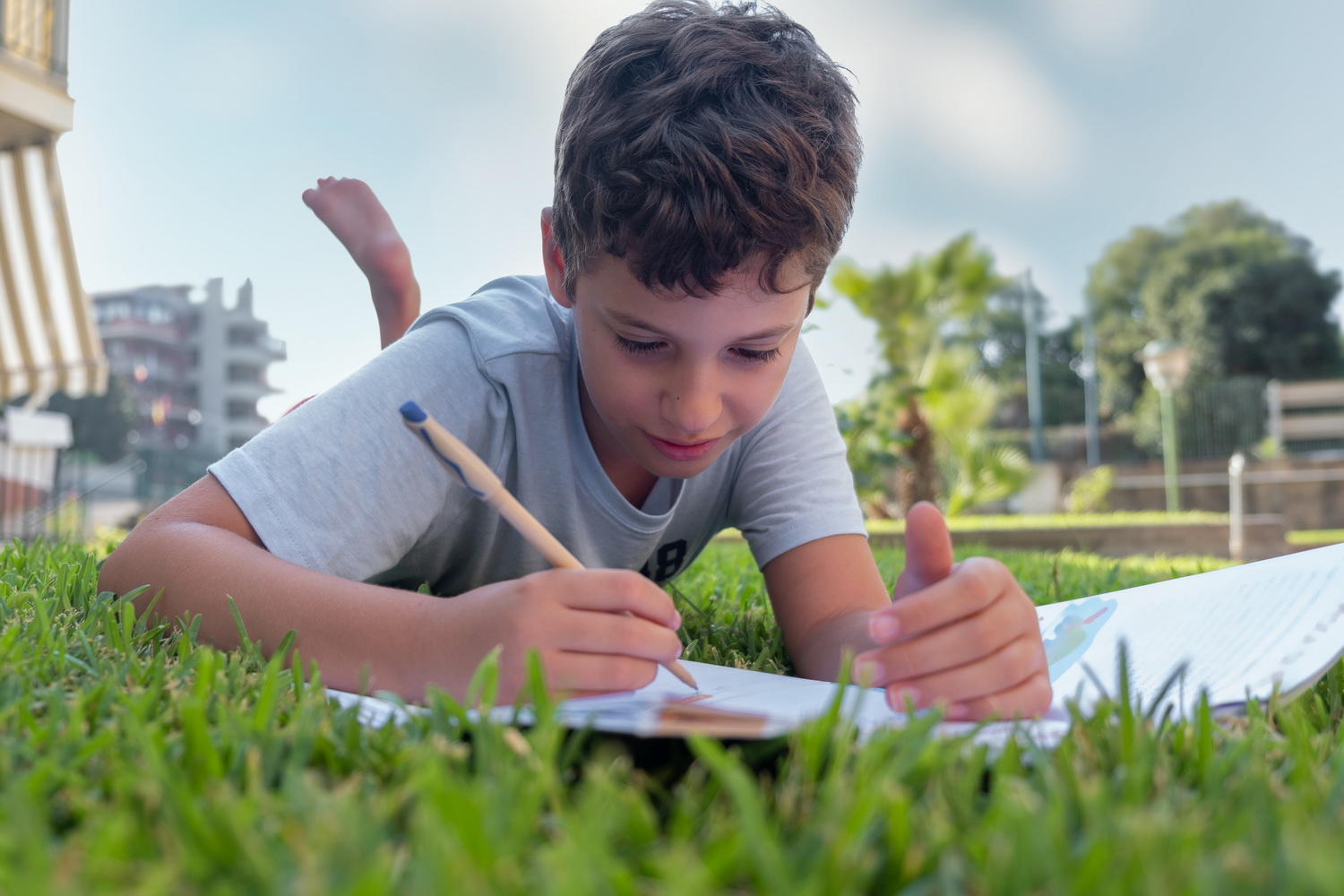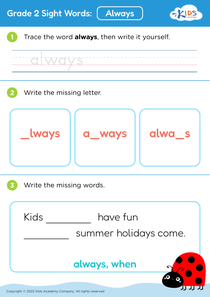Sorting skills Grade 2 Worksheets
3 filtered results
-
From - To
Enhance your second graders’ learning with our Sorting Skills Grade 2 Worksheets, crafted to sharpen their categorization abilities and critical thinking. These engaging, activity-packed worksheets facilitate hands-on learning as children practice sorting objects by various attributes like shape, size, and color. Each worksheet is designed to challenge young minds while making learning fun through dynamic and interactive tasks. Our expertly-developed resources are perfect for home or classroom use, providing an essential foundation for math and science proficiency. Unlock your child’s potential with Kids Academy’s top-quality sorting activities, fostering lifelong learning and intellectual growth.


Sorting Jewels Worksheet
Sorting skills are foundational to a child's cognitive and mathematical development, making them essential for Grade 2 students. These skills involve classifying objects or information based on characteristics like color, shape, size, or category, encouraging critical thinking and decision-making abilities.
Firstly, sorting activities enhance children's problem-solving skills. When students differentiate between various attributes, they learn to identify patterns and make logical connections. This cognitive exercise is a precursor to more advanced mathematical concepts, building a strong foundation in numeracy that is crucial for later academic success.
Moreover, sorting promotes organizational skills. In a cluttered world, the ability to categorize information simplifies tasks and increases efficiency. This discipline can be transferred to everyday situations, helping children manage their time and belongings better.
Lastly, sorting exercises stimulate language development. When children explain their sorting choices, they practice their descriptive language and reasoning. This articulation of thought strengthens their vocabulary and communication skills.
For parents and teachers, fostering sorting skills is an investment in the child's future learning. It equips students with essential analytical tools, enhancing their overall intellectual growth. By incorporating sorting exercises in play and learning activities, educators and parents can create a conducive environment for holistic cognitive development.
 Assign to My Students
Assign to My Students






















